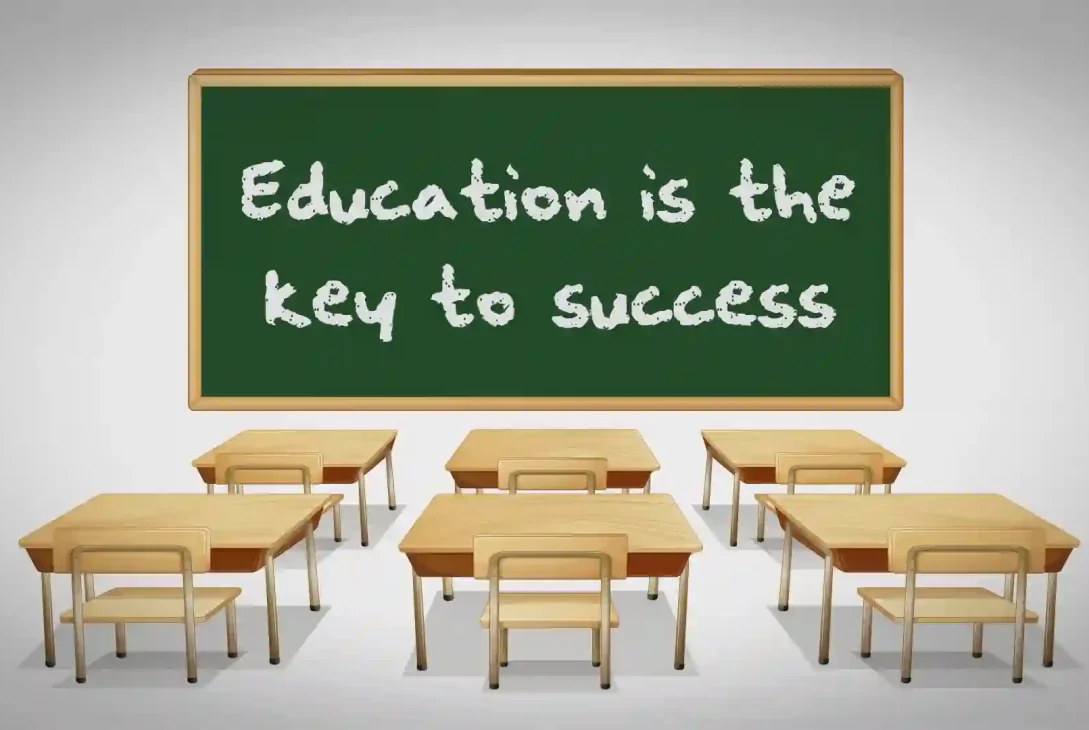Ladies and gentlemen, education is not just about absorbing information; it’s a powerful tool for nurturing inquisitive minds and fostering critical thinking. It’s like a garden where the seeds of curiosity are sown, and the fruits of critical thinking flourish. In this article, we’ll delve into how education plays a pivotal role in developing inquisitive minds and promoting critical thinking.
To begin with, education provides individuals with a vast array of knowledge and information. It’s like a treasure trove waiting to be explored. As students engage with different subjects and topics, their natural curiosity is awakened. Education ignites the spark of inquisitiveness, prompting questions and the desire to learn more.
Education encourages individuals to ask questions. It’s like a safe space where curiosity is welcomed and nurtured. Teachers and educators play a crucial role in creating an environment that fosters inquiry. When students feel encouraged to ask questions, they are more likely to develop inquisitive minds that seek answers and solutions.
Moreover, education equips individuals with the skills to research, analyze, and evaluate information critically. It’s like a toolbox filled with instruments for probing the depths of knowledge. As students engage in research projects, conduct experiments, and explore different perspectives, they learn to sift through information and discern what is reliable and accurate.
Education encourages students to think critically about the world around them. It’s like a pair of glasses that sharpens their vision. Critical thinking involves analyzing information, making reasoned judgments, and solving complex problems. Education provides the training ground for honing these essential skills.
But it’s not just about individual growth; education also promotes the collective exchange of ideas. It’s like a marketplace of thoughts and perspectives. In educational settings, students engage in discussions, debates, and collaborative projects. These interactions stimulate critical thinking by exposing individuals to diverse viewpoints and challenging their own beliefs.
Furthermore, education fosters a culture of questioning assumptions and challenging the status quo. It’s like a ripple effect that spreads throughout society. When individuals are educated, they are more likely to question authority, seek evidence, and advocate for change when necessary. This critical mindset is vital for progress and innovation.
Education encourages individuals to approach problems with an open mind. It’s like a blank canvas waiting for creativity to flourish. When students are taught to explore multiple solutions to a problem, they develop the ability to think outside the box and consider alternative perspectives. This flexibility in thinking is a hallmark of critical thinking.
Let’s not forget about the role of educators in this process. Teachers are like guides who inspire and nurture inquisitive minds. A skilled educator knows how to encourage curiosity, guide students in their quest for knowledge, and challenge them to think critically. Their mentorship is invaluable in shaping the next generation of critical thinkers.
Moreover, education exposes individuals to a wide range of subjects and disciplines. It’s like a buffet of knowledge. As students explore various fields of study, they gain a broader understanding of the world and its complexities. This interdisciplinary approach is essential for fostering critical thinking, as it encourages individuals to make connections between different areas of knowledge.
Education also encourages individuals to become active participants in their learning process. It’s like a journey of self-discovery. When students take ownership of their education, they are more likely to engage in independent research, ask questions, and seek answers on their own. This self-directed learning is a significant component of critical thinking.
But it’s not just about theoretical knowledge; education also emphasizes the practical application of critical thinking skills. It’s like a laboratory where theories are put to the test. Through hands-on experiences, real-world problem-solving, and project-based learning, students learn how to apply their critical thinking skills in practical scenarios.
Education teaches individuals to embrace ambiguity and uncertainty. It’s like a puzzle with missing pieces. When students encounter complex, open-ended questions without clear-cut answers, they develop the ability to tolerate ambiguity and seek solutions in uncertain situations. This skill is invaluable in the ever-evolving world.
Let’s also acknowledge the role of education in promoting ethical and responsible critical thinking. It’s like a moral compass that guides individuals toward ethical decision-making. Education emphasizes the importance of considering the ethical implications of one’s choices and actions. Critical thinkers are not only equipped to solve problems but also to do so in an ethical and responsible manner.
In conclusion, education and critical thinking are inseparable companions on the journey of intellectual growth and personal development. Education provides the fertile ground where inquisitive minds can flourish, and critical thinking skills can be nurtured. It encourages curiosity, questions assumptions, promotes open-mindedness, and fosters problem-solving abilities.
So, whether you’re a student embarking on your educational journey or someone seeking to enhance your critical thinking skills, remember that education is more than just a repository of facts; it’s a powerful catalyst for nurturing inquisitive minds and fostering the kind of critical thinking that can change the world. Embrace the power of education, and let it be your guide to a future filled with curiosity, inquiry, and meaningful solutions to the challenges we face.








